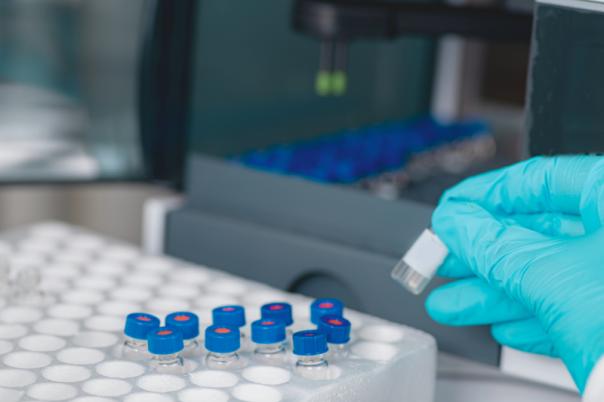Computational tools show great promise in their ability to help transform active pharmaceutical ingredients (APIs) into finished drug products, for instance in solid dosage forms or dry powders for inhalers.
Charley Wu’s lab at the University of Surrey is focusing on developing digital tools for assessing the performance, processability, or product properties of identified drug molecules. The ideal tools could be applied to the earliest stages of product development, based on a very small amount of material, and require very few experiments. This would allow drug makers to optimise the drug manufacturing process.
However, the drug manufacturing process is very complex, including the challenges in selecting excipients and the impact of various unit operations on product properties. Furthermore, powders exhibit unique behaviours, sometimes resembling solids, liquids, or gases, complicating their handling and processing.
This presentation outlines Wu’s work to answer three key questions: Can we predict the behaviour of API and excipients in formulation and manufacturing? Can we use it to optimise the formulation and process conditions? And can we design the formulation and manufacturing processes based upon the quality and function requirements?
Wu explores two computational approaches to build these models: mechanistic modelling and machine learning. Mechanistic modelling based on physics, chemistry, and biology is introduced as a way to predict material behaviour during processing. machine learning is used to analyse data and identify critical material attributes and process parameters, aiding in pharmaceutical development.
The presentation suggests that integrating mechanistic modelling and machine learning can enhance the predictive capabilities in product development. This combined approach can provide a more comprehensive understanding and optimisation of the manufacturing processes.





